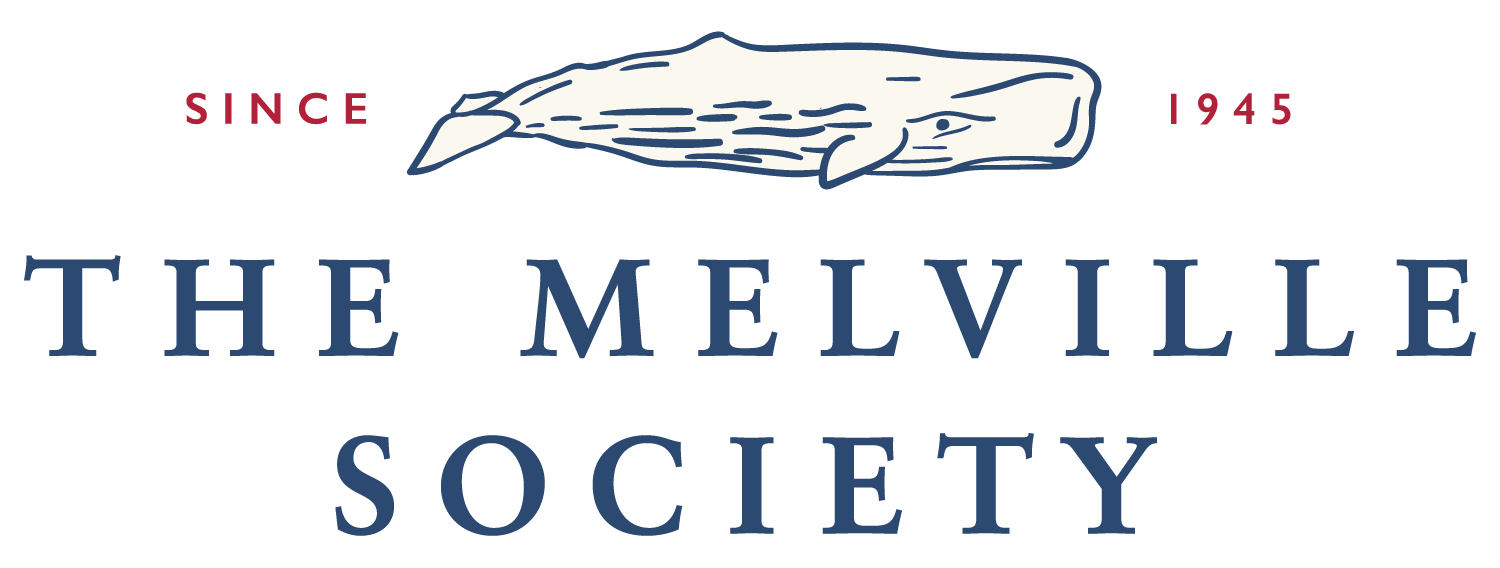Call For Papers: Melville Society Panels at the 2023 American Literature Association Conference
The Melville Society is sponsoring two panels at the 2023 American Literature Association Conference, which will be held in Boston, MA, May 25-28th, 2023.
Submission guidelines, including deadlines, for each panel’s call are below:
Melville’s Ecological Thinking
When Ernst Haeckel coined the term “ecology” in 1866, he sought to describe the relationship between organisms and their environment. This concept is central to Melville’s writings—whales, tortoises, oceans, and islands come immediately to mind—but Melville’s ecological thought also takes up questions about interactions more generally. As Tom Nurmi has recently written, Melville was a “writer of relations, networks, and systems.”
The Melville Society invites proposals for papers that explore any aspect of Melville’s ecological thought. These papers might examine ecology as it was traditionally understood in relation to biology and geology, or they might, by way of analogy, consider other things—such as texts or ideas—as ecologically embedded. Possible topics could include a variety of non-built and built environments; networks between the human and non-human, life and non-life, organic and inorganic; relations between natural objects and human artifice; environmental destruction and extinction; Melville’s materialism, transcendentalism, or romanticism as revealed in his ecological thought; the various modes of perception (aesthetic, literary, scientific) that shaped that thinking; and Melville’s relevance to our current environmental crisis. Finally, we welcome papers that use an analysis of Melville as an occasion to critique ecological thought and/or ecocritical practices, particularly its tendency to produce a bifurcation between nature and culture.
Please submit an abstract of 250-300 words and a CV to Jennifer Baker at jbaker@nyu.edu by January 16, 2023.
Melville’s Sacred Texts
This panel capitalizes on the recently resurgent interest in Herman Melville’s engagement with religion and the spiritual by inviting scholars to consider the formal and conceptual ways in which Melville engages sacred texts to confront the multifarious contingencies of (secular) modernity. Specifically, this panel is interested in how Melville assesses in his writing the aesthetic utility of sacred texts and their ability to help readers survive a supposedly “secular age.” Papers may examine the ways in which Melville references, modifies, rejects, and even distorts these texts to tease out how he writes himself into these textual traditions and, at the same time, adapts them to respond to the challenges of American life as he knew and saw it.
Panelists may…
focus on Melville’s engagement with specific religious documents and their textual histories, for instance, the Hindu Bhagavad Gita, the Qour’an, or the Hebrew and Christian Bibles.
discuss Melville’s work on distinct textual traditions within these larger anthologies.
Assess Melville’s engagement with hermeneutic systems and traditions to parse issues of faith as they brush up against new epistemic methods like empiricism.
Explore the presence of skeptical as well as countertraditions of reading in his writing, as well as Melville’s skeptical and irreverent engagement of sacred texts.
Attend to publication- as well as material textual histories by considering Melville’s work in the context of the so-called irreverent or irreligious press, free-thinker societies, and skeptical converts.
Think about the presence of these texts as things in the world (versions, editions), along the lines of new materialism, rather than exclusively conceptual frameworks.
Prospective research questions may include, but are not limited to, the following.
How does Melville interrogate the category of the sacred text and its epistemic and moralizing functions?
What does it mean to have a textual spiritual guide in a time of personal and national calamity?
What hermeneutic and literary methods does Melville deploy in engaging and depicting these distinct traditions? What does his deployment of these methods tell us about how he regards these traditions?
What ideas, concepts, and formal textual strategies does Melville adopt, interpret, or reject from these traditions to address modernity?
Can attending to the presence of sacred texts in Melville’s works help us understand the relationship between the sacred and the literary? (Building, for instance, on Lawrence Buell’s famous assertions about the antagonism between sacred and profane literatures under “literary scripturism”)
Can exploring this relationship enhance our understanding of an American modern textual hermeneutics?
Can Melville contribute to our understanding of what we today call the postsecular in literature?
Does Melville complicate or even dissolve the secular/spiritual binary?
Please submit a brief proposal (300-word abstract and a 100-word bio including your institutional affiliation, if applicable) by January 15, 2023 to Damien Schlarb (schlarbd@uni-mainz.de).
Paper presentations will last approximately 15 mins (7-9 pages, double-spaced MS Word document; approx. 7 PPT slides).
For more details on the American Literature Association Conference, see https://americanliteratureassociation.org/ala-conferences/ala-annual-conference/
